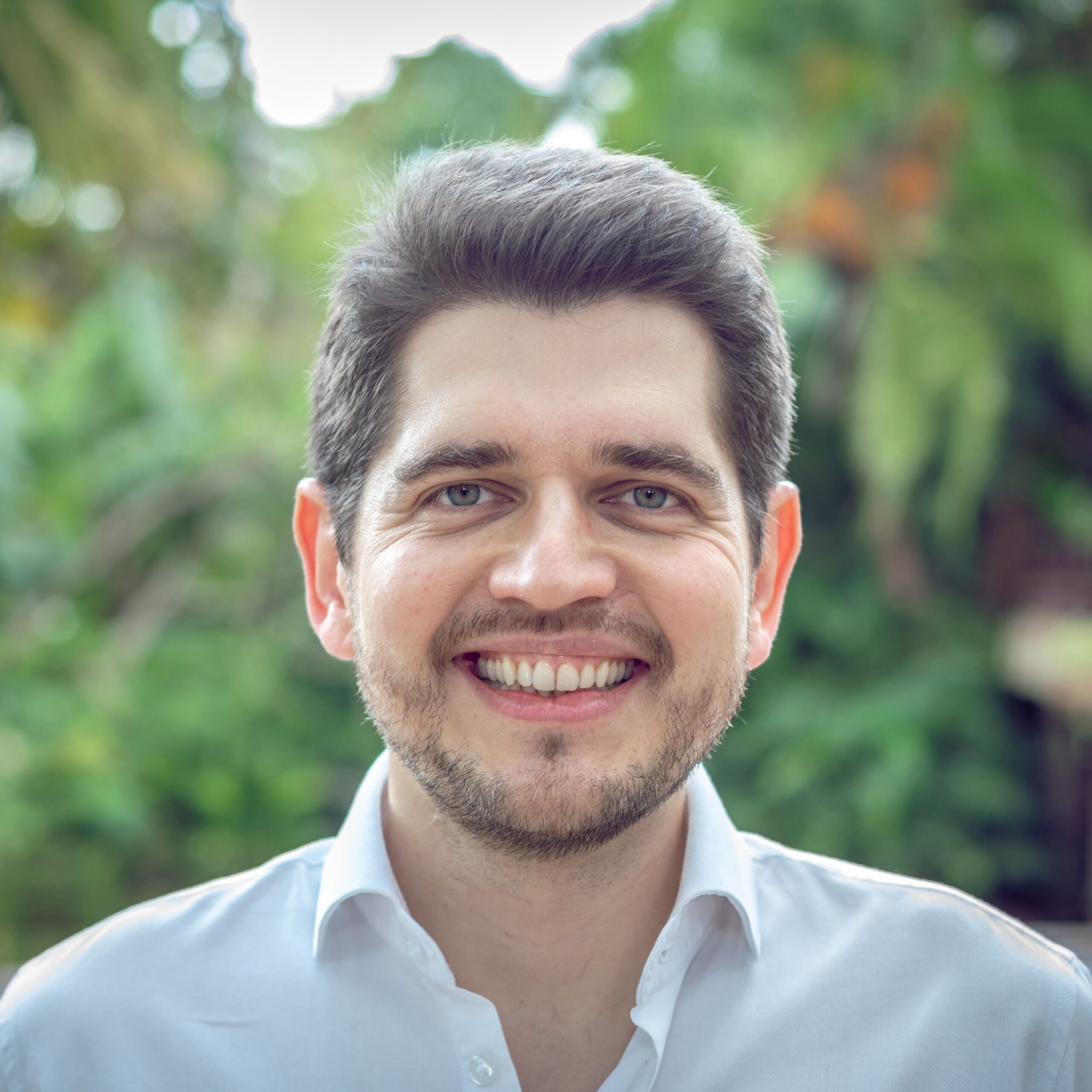Dalberg uses cookies and related technologies to improve the way the site functions. A cookie is a text file that is stored on your device. We use these text files for functionality such as to analyze our traffic or to personalize content. You can easily control how we use cookies on your device by adjusting the settings below, and you may also change those settings at any time by visiting our privacy policy page.
The Green Climate Fund (GCF), at its forty-first board meeting (B.41) held in Songdo, Republic of Korea, approved $686.8 million in new investments across 11 projects, with co-financing bringing the total to $1.5 billion. These investments span 42 countries and are expected to directly benefit over 115 million people while mitigating the equivalent of 45.3 million metric tonnes of CO₂ emissions.
Among the approved projects was a landmark $34 million grant to Save the Children Australia for the “Intensification of Agriculture and Agroforestry Techniques (IAAT) for Climate Resilient Food and Nutrition Security” project, which will be implemented in the Tombouctou, Gao, Mopti, Koulikoro, and Segou regions of Mali. The project aims to strengthen food systems, climate resilience, and incomes for over 400,000 people, through tangible, community-driven interventions such as solar-powered irrigation systems and biodigesters.
Dalberg supported the development of this ambitious funding proposal in close partnership with Save the Children, delivering a comprehensive end-to-end package tailored to GCF’s rigorous standards. This included a 200-page feasibility study informed by climate analytics, a vulnerability assessment based on primary data from over 300 farmers, detailed economic and financial modelling, GHG emissions reduction simulations, and full proposal annexes.
This approval marks an important step toward delivering high-impact climate adaptation and mitigation efforts where they’re needed most—especially in low- and middle-income countries. Our team’s technical project preparation support offers a one-stop shop that is responsive to local needs, context-specific constraints, and GCF expectations. Building on our 20 years of experience supporting over 30 Accredited Entities—and our footprint across low- and middle-income countries—we’re excited to grow this area of work. Our work spans all eight of the GCF’s results areas, and we’re committed to helping partners design ambitious, actionable, and locally grounded projects that drive transformational impact, particularly in agriculture, food systems, and nature-based solutions.
To learn more, contact:


